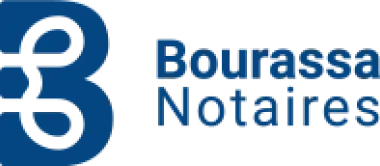
Understanding parental alienation: an in-depth look at the legal criteria
Parental alienation is a complex concept that refers to the psychological manipulation of a child, often in the context of divorce or separation, to create rejection towards one of the parents.
This phenomenon has profound repercussions on both the child and the targeted parent, and is increasingly recognized by the courts as a serious problem in our society.
In this brief article, we will explore the legal conditions and criteria associated with parental alienation, offering an in-depth look at this delicate reality.
I. SIMULTANEOUS CONDITIONS OF PARENTAL ALIENATION
Before getting into the legal criteria, it’s crucial to understand what parental alienation really is.
It is an intentional behavior designed to manipulate/influence the child’s mind into developing negative feelings towards the other parent, often through the dissemination of false information, constant denigration and even isolation.
This phenomenon fosters unjustified rejection and disaffection towards the other parent.
To conclude that there is parental alienation there must be two conditions present and simultaneously in a family such as:
- One parent uses alienating behaviors to unjustifiably exclude the other parent from the child’s life;
- The process leads to a deterioration in the relationship between the child and the targeted parent, or even a breakdown in the relationship.
II.
LEGAL RECOGNITION
Case law recognition of parental alienation has evolved considerably over time.
Courts increasingly recognize the need to take measures to protect children from this form of manipulation.
Certain legal criteria have emerged for assessing and dealing with cases of parental alienation.
III.
THE 8 LEGAL CRITERIA ASSOCIATED WITH THE 2012QCCS1328 JUDGMENT :
- A campaign to denigrate the child towards the rejected parent;
- The child talks about the parent’s rejection using reasons that don’t hold water;
- A lack of ambivalence in the child;
- A lack of guilt on the part of the child, who feels justified in denigrating his parent;
- The child’s animosity extends to the alienated parent’s entourage;
- The child is the alienating parent’s ally;
- The child’s borrowing of the alienating parent’s words;
- The child presents himself as an independent thinker, free from any influence.
CONCLUSION
In conclusion, parental alienation is a complex issue that requires a nuanced approach from jurisprudence.
Emerging legal criteria aim to identify and deal effectively with these delicate situations to ensure the well-being of children and promote healthy parental relationships.
It is imperative that legal professionals continue to deepen their understanding of parental alienation to better protect families facing this emotional and legal challenge.

